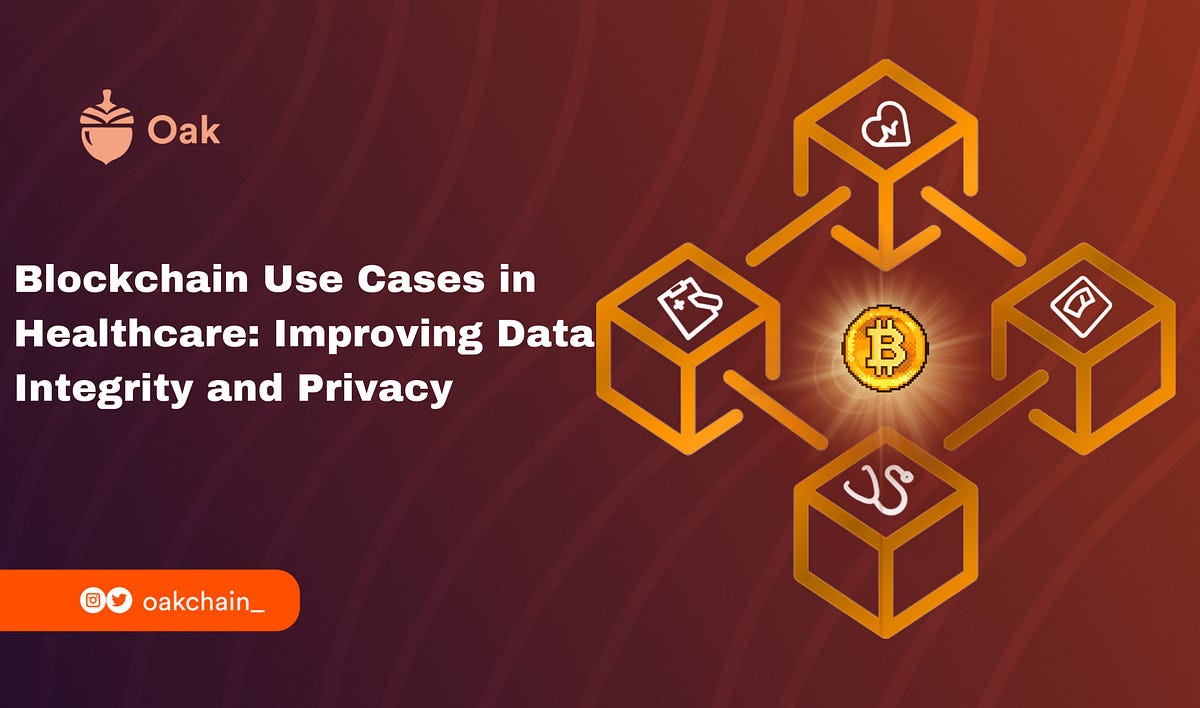
Securing DApps: Enhancing Trust in Decentralized Applications
Decentralized applications (DApps) operate on blockchain networks, offering users the benefits of transparency, immutability, and decentralization. This article explores the importance of security in the realm of DApps and the measures taken to enhance trust in these decentralized systems.
The Rise of Decentralized Applications (DApps)
Decentralized applications represent a shift from traditional, centralized systems to distributed, blockchain-based networks. DApps leverage blockchain technology to operate without a central authority, providing users with increased control over their data and interactions. As DApps gain popularity, ensuring their security becomes paramount.
Blockchain Security Fundamentals
At the core of DApp security are the fundamental principles of blockchain technology. Transactions recorded on a blockchain are secure, transparent, and tamper-resistant. The decentralized nature of blockchains ensures that DApps operate in a trustless environment, where users can engage in transactions without relying on intermediaries.
Smart Contracts and Their Security Challenges
Most DApps rely on smart contracts, self-executing contracts with coded rules on the blockchain. While smart contracts automate processes and enhance efficiency, they also introduce security challenges. Vulnerabilities in smart contract code can lead to exploits and financial losses. Rigorous security audits and testing are essential to identify and rectify such issues.
Decentralized Identity Solutions for User Authentication
Ensuring secure user authentication is crucial for DApp security. Decentralized identity solutions allow users to control their identity without relying on centralized authorities. Implementing robust identity verification processes helps prevent unauthorized access and enhances the overall security posture of DApps.
Code Audits and Best Practices
Conducting thorough code audits is a critical step in securing DApps. Reputable firms often perform audits to identify vulnerabilities and weaknesses in the DApp’s code. Adhering to best practices in coding and security helps DApp developers build robust applications that resist malicious attacks and ensure the integrity of user interactions.
Interoperability and Cross-Chain Security
As the DApp ecosystem grows, interoperability between different blockchains becomes essential. Interoperability allows DApps to communicate and share data seamlessly. However, this expansion introduces new security challenges, requiring developers to implement cross-chain security measures to protect against potential vulnerabilities.
Governance Models and Security
Decentralized governance models play a role in DApp security by enabling the community to participate in decision-making processes. Transparent and inclusive governance models contribute to trust in DApps, ensuring that updates, changes, and security measures align with the interests of the community.
Secure Data Storage and Encryption
DApps often handle sensitive user data, necessitating secure data storage and encryption. Decentralized storage solutions and encryption protocols protect user information from unauthorized access. Implementing strong encryption measures contributes to the confidentiality and privacy of user data within DApps.
Community Vigilance and Bug Bounties
The decentralized nature of DApps fosters a collaborative approach to security. Many DApps encourage community members to participate in bug bounty programs, rewarding individuals who identify and report vulnerabilities. This community vigilance helps identify and address security issues promptly, strengthening the overall security of DApps.
User Education and Adoption of Best Practices
Educating users about security best practices is essential for the broader adoption of DApps. Users need to understand how to secure their private keys, use decentralized identity solutions, and recognize potential security threats. User education contributes to a more informed and security-conscious user base, fostering a safer DApp ecosystem.
To learn more about the importance of security in the realm of secure decentralized applications (DApps), visit www.itcertswin.com. Explore the measures taken to enhance trust and security in decentralized systems, empowering users to engage confidently in the world of DApps.




